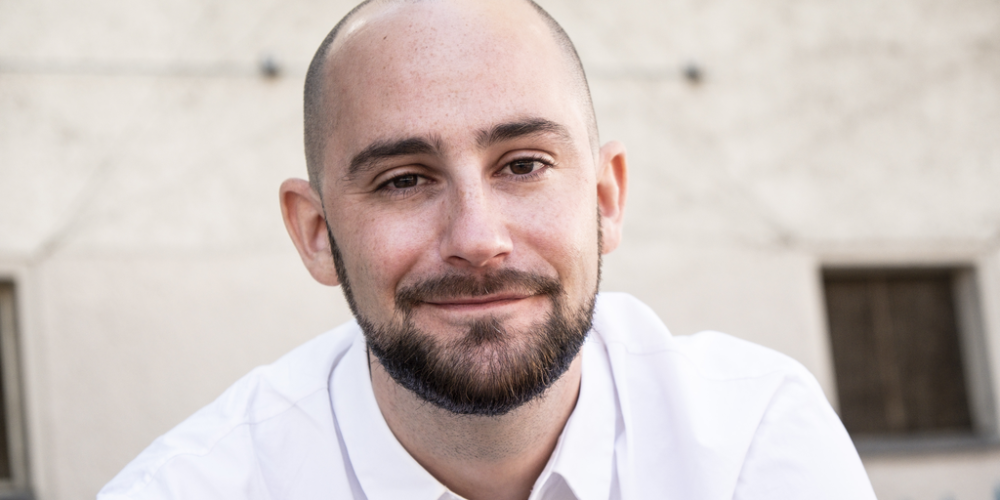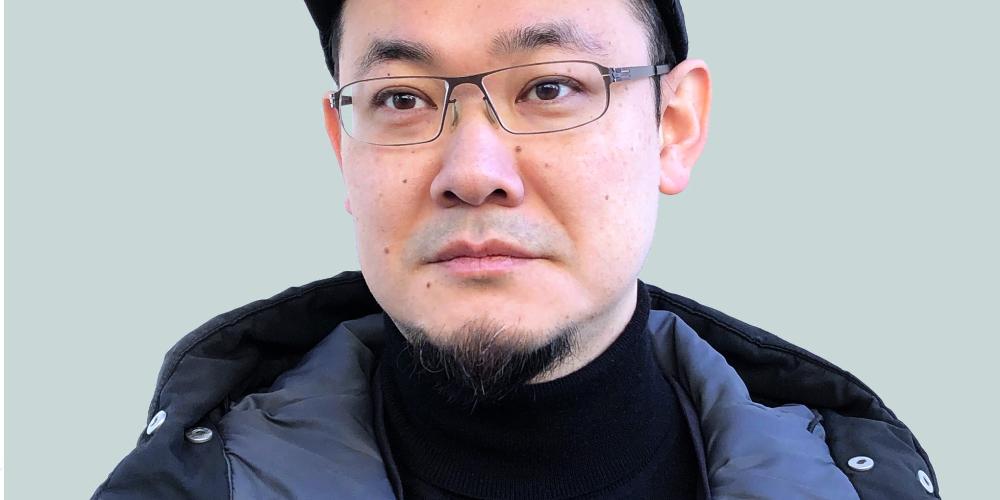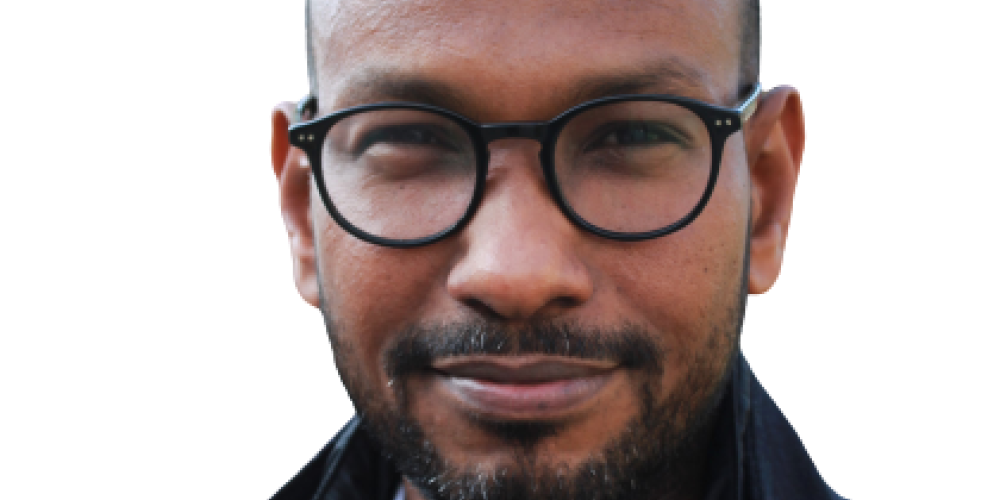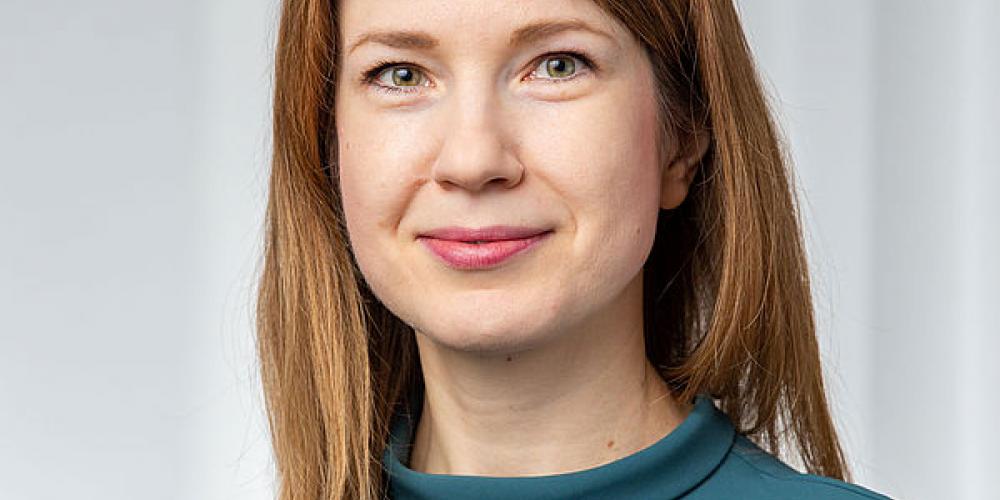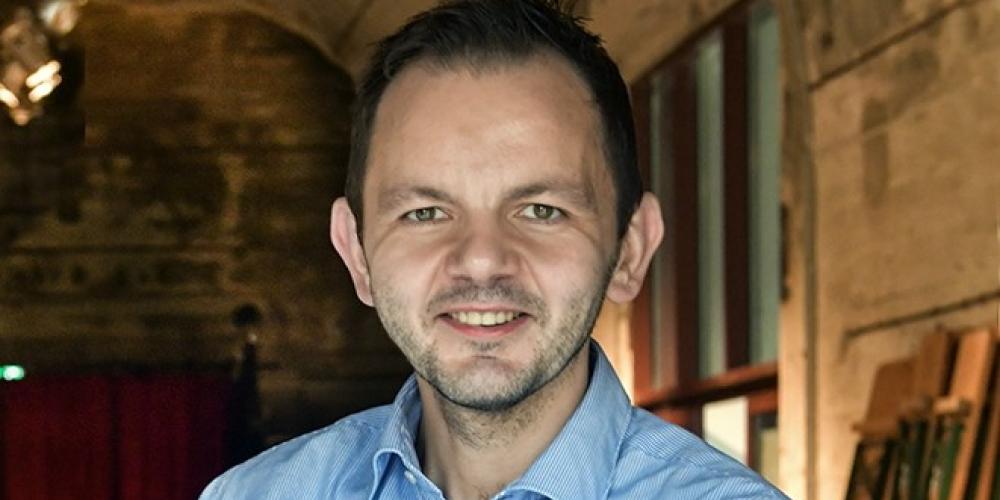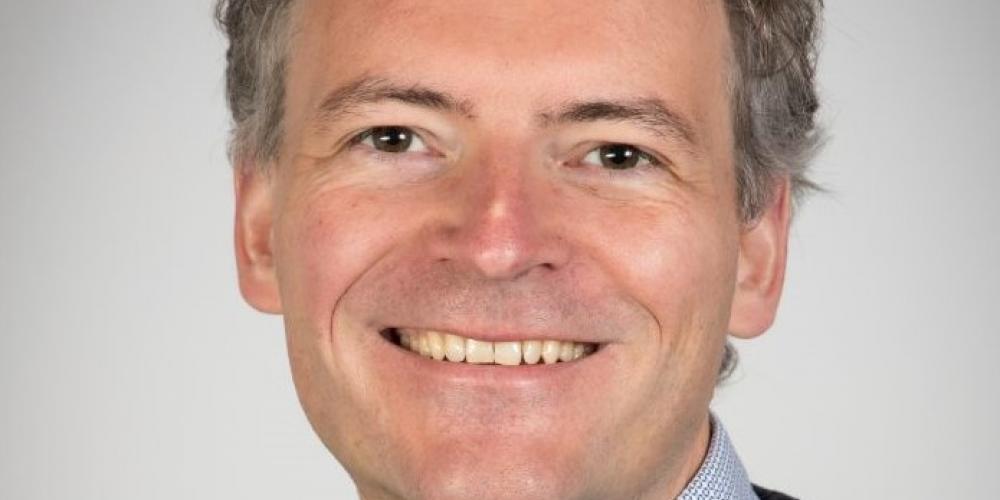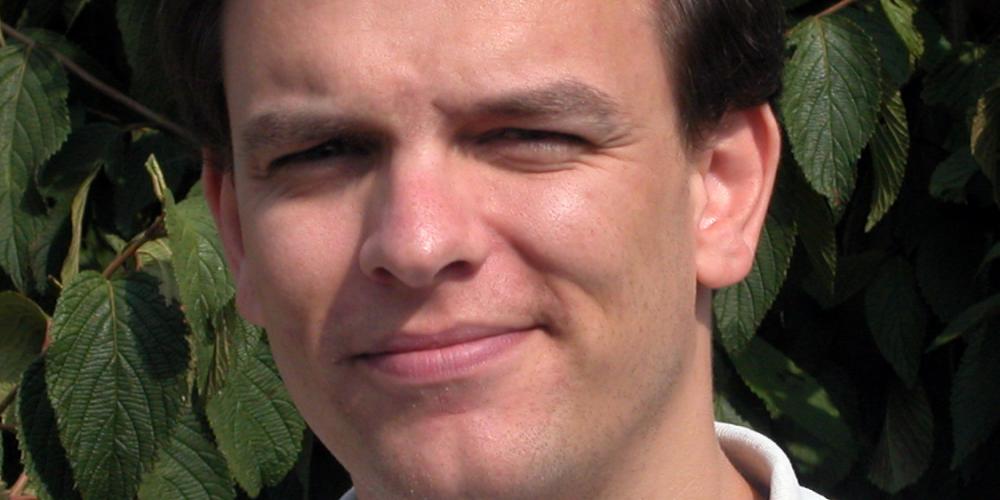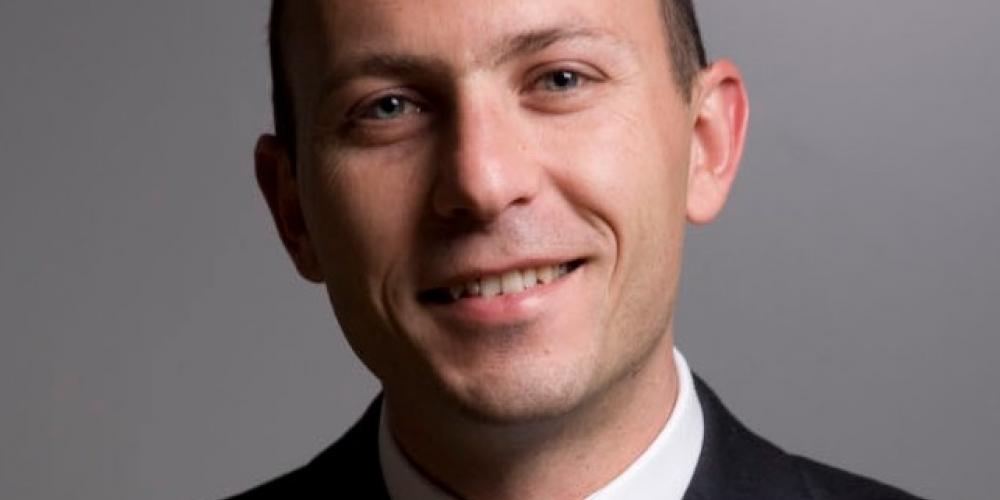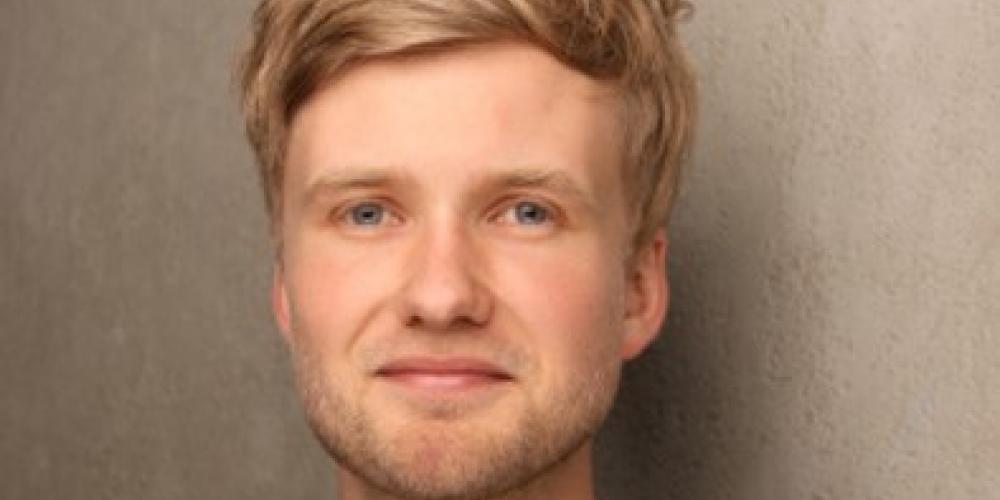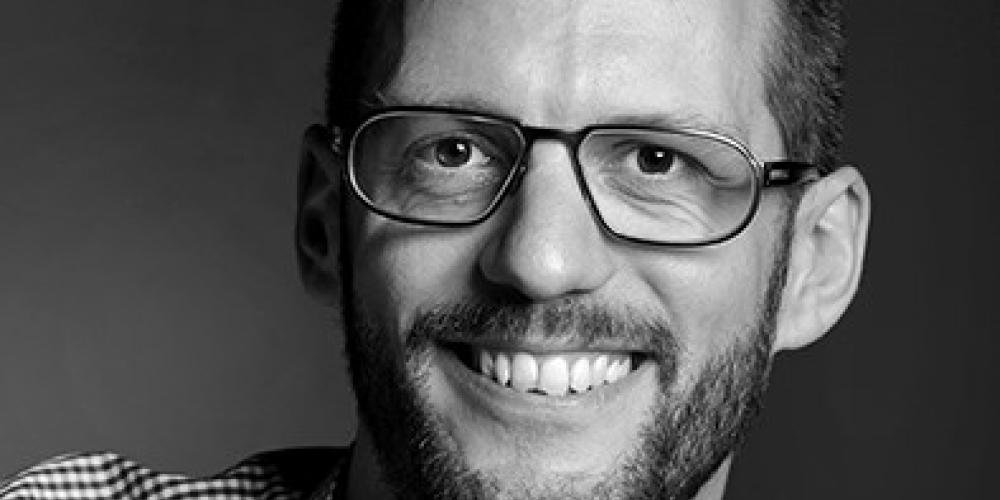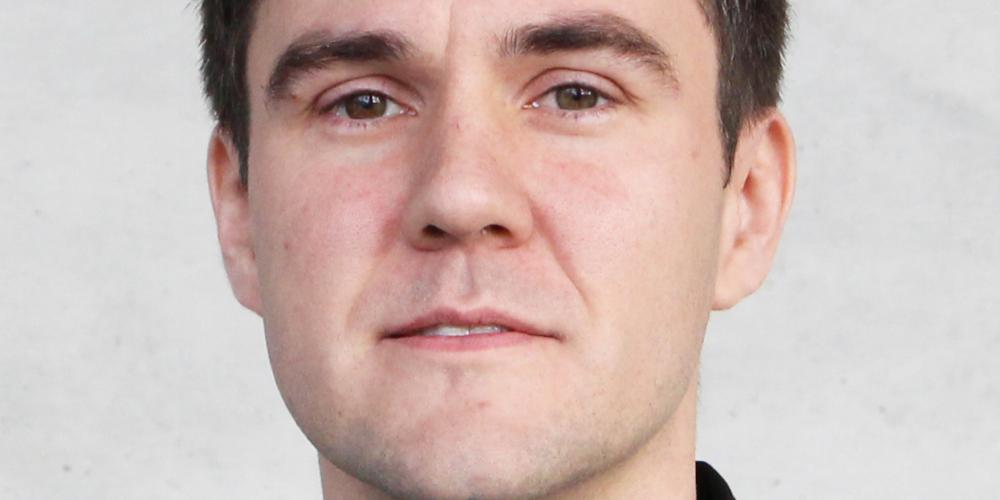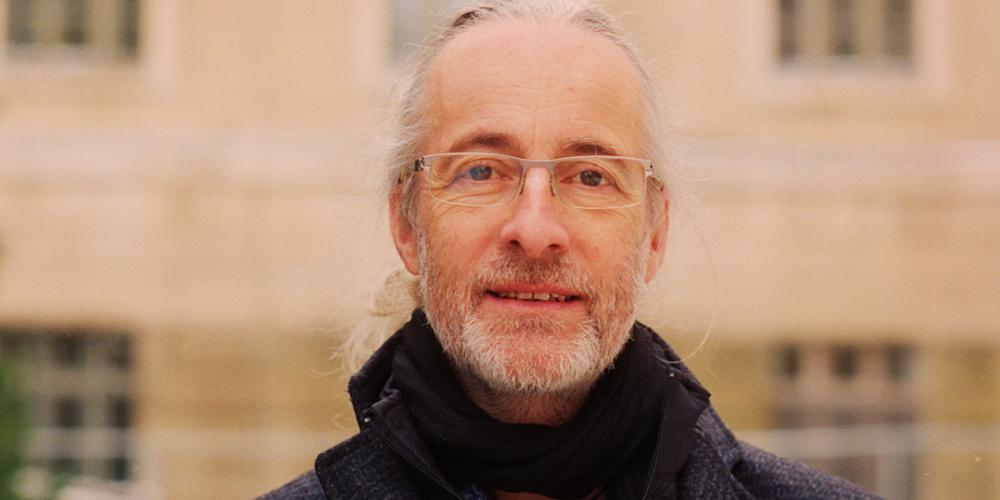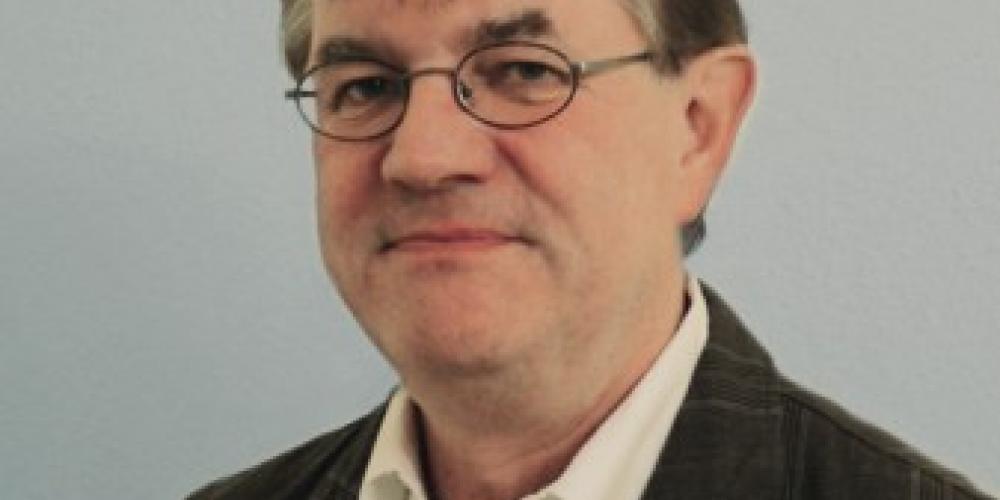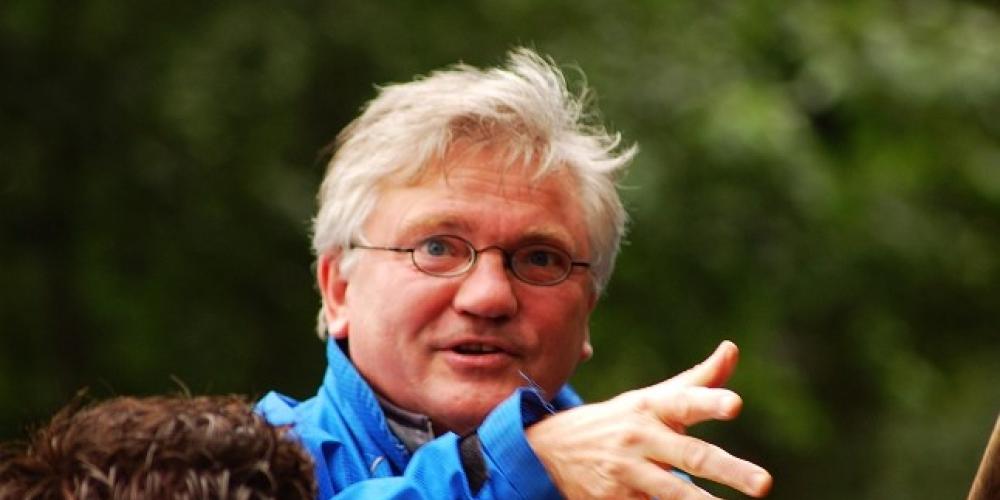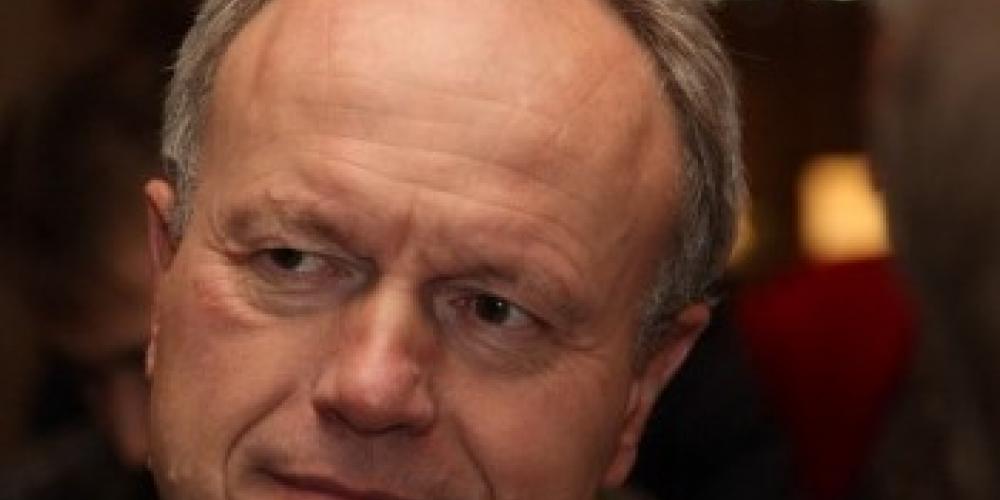Energy, Utilities & Raw Materials
Prof. Staab's research combines topics of labor, social structure analysis, sociology of technology and political economy in a contemporary analytical perspective. Currently, Prof. Staab is particularly involved with questions of the political shaping of digital capitalism, the connection between digitalization and sustainability, as well as the role of critical infrastructures for the future viability of modern societies. The professor pursues a theory-oriented, present-diagnostic sociology in the context of social change, conflict, and inequality, which always seeks dialogue with the public.
- consulting,
- drafting of studies and
- policy papers as well as presentations
on important current topics in the areas of society, politics and economics, in particular digitalization and sustainability as well as work. The focus is on future developments of society as well as political and economic options for action.
- Organizing and conducting several conferences with a large political foundation
- Writing a policy study for a large labor union
- Advising members of parliament, ministries as well as the European Commission
Prof. Miyazaki, is a critical humanities scholar working on the theory, critique, and history of digital media, digitization, and computation as productive practice. He uses numerous social-critical, philosophical and technology-related theories of the last century (historical materialism, critical theory, poststructuralism, science and technology studies, media theory, media archaeology, postcolonialism, design studies). Currently, Prof. Miyazaki is working on the theory and history of alternative, non-profit, sustainable production practices that could be realized through other types of digitization. The focus is not only on social change, but also on technical-media change, which has no future without critical knowledge of technology.
Consulting through studies, lectures and talks on current topics in the field of information technologies, algorithms, society, culture and politics with a focus on digitalization, sustainability and criticism. The focus is on the deployment of alternative lifestyles and forms of life in the future, as well as socio-political opportunities to take action.
- Establishment of the Critical Media Lab at the Institute Experimental Design and Media Cultures at the School of Art and Design FHNW (Claudia Mareis).
- Associated Investigator in the Cluster of Excellence "Matters of Activity".
- Publication: "Counter-Dancing Digitality. On Commoning and Computation".
PD Dr. Siddig is interested in studying the trade-offs and synergies between the production and use of water, energy, and food in developing countries as influenced by climate, population, and policy, including distributional, economic, and regional impacts.
Geographically, his research focuses on Africa and the Middle East. Methodologically, he relies largely on economy-wide simulation models, with CGE models leading the way (including ind GAMS and Gempack). In addition, Dr. Siddig works on capacity development in the area of database development and on policy simulation modeling in a development context.
-
Computable General Equilibrium (CGE) modeling and macroeconomic analysis in GAMS and Gempack
-
Social Accounting Matrix
-
Policy modeling
-
Development of training materials and training of groups and individuals
-
Mastery and experience in developing and training developers of social accounting matrices (SAMs) and GTAP-ready input-output tables (IOTs)
- Entwicklung und/oder Schulung von Entwicklern von SAMs und/oder IOTs für Sudan, Ägypten, Israel, Palästina, Benin, Kenia, Chile, Armenien und Nigeria
world-leading energy group
Professor Danilov is engaged in empirical human resource management research, as well as the identification of causal relationships of the effect of human resource management tools on employee motivation and productivity. She also conducts research in organizational and human resource economics, in the field of empirical human resource management (HRM), and in the course of this she works with Big Data and People Analytics using machine learning.
- randomized studies (A/B tests) on incentive setting
- work design and employee motivation
- analysis of data (accounting, personnel, etc.)
- "Delegation of decision making and productivity and employee satisfaction" at a world-leading energy company.
The World Economic Forum (WEF)
Berlin SME
Chemspeed Technologies Ltd
Professor Bojdys research focuses on the design of covalent organic polymers with applications as organic transistor devices and on light-reactive polymers (e.g., Nat. Commun. 2019. DOI: 10.1038/s41467-019-11264-z). He and his team cooperate with established battery and coating companies and with a Berlin SME.
Since 2018, Professor Bojdys has been a member of the "Young Scientists" at the World Economic Forum (WEF) and further serves on their advisory board since 2019.
- Gas sorption analysis: Quantachrome Instruments Autosorb IQ (probegases: N2, Ar).
- Robotic synthesis & formulation: ChemSpeed ASW 2000
- X-ray diffractometers (Cu and Mo radiation, transmittance, Bragg-Brentano and reflectonomy configuration).
- groupwork focusing on flexible batteries with a Berlin SME
- cooperation on robot-assisted synthesis with Chemspeed Technologies Ltd.
- collaboration with The World Economic Forum (WEF)
- council member at "Young Scientists"
- WO/2020/216408 - RECHARGEABLE LITHIUM-ION BATTERY ANODE, AND METHOD FOR PRODUCING A RECHARGEABLE LITHIUM-ION BATTERY ANODE
- WO/2016/027042 - TWO-DIMENSIONAL CARBON NITRIDE MATERIAL AND METHOD OF PREPARATION
- ERC Proof of Concept Grant (Ultra-high energy storage Li-anode materials - LiAnMAT)
- ERC Starting Grant (Beyond Graphene Materials - BEGMAT)
The working group, of which Professor Adelhelm is head of, is engaged with the field of applied materials research. Where the main research focus lies on materials, which are suited for power storage in batteries. Therefore especially lithium-ion- and sodium-ion batteries, as well as alternative cell designs (metal-, sulphur- and all-solit-batteries) are being explored. However, the working groups goal has always been explorative research and the complete clarification of physico-chemical correlations.
- material synthesis: ball mills, wet chemistry laboratory, stoves, calcination (grams scale)
- techniques of characterization: Powder X-Ray Diffraction (P-XRD), Scanning electron microscopy (SEM) and energy dispersive X-ray spectroscopy (EDS), Raman Spectroscopy, Infrared Spectroscopy
- Electrochemistry: multiple glove-boxes (Ar, N2), preparation of battery cells, battery test station (cycling of a battery), Potentiostat/Galvanostat with 2 and 3 electrode arrangement, Electrochemical Impedance Spectroscopy, (in situ/operando) special analyses like Dilatometer, or Mass Spectrometry during cell performance
- various joint projects with the Federal Ministry of Education and Research (BMBF)
- direct cooperations with companies (measurement orders)
H. Lorberg Baumschulerzeugnisse GmbH & Co. KG, Bein GmbH, Bayer Crop Science, XEROFLOR
Prof. Ulrichs is an expert in the field of ecophysiology of plants with a special focus on plants in urban spaces. His team studies processes, which determine plant growth, e.g. stress exposure in an urban environment. The emphasis of his research lies on the analysis of the secondary metabolite balance (incl. its nutritional function), substance allocation, competition and plant-insect interaction. Prof. Ulrichs other major field of expertise is the quality assurance in food supply chains of horticultural products, especially for perishable foodstuffs like fruits and vegetables in temperate zones as well as in tropical/subtropical regions.
- molecular methods
- in-vitro propagation
- HPLC
- GC/MS
- electroantennogram studies
- trace gas analysis using photoacoustic spectroscopy
- German specialty chemicals group: development of nanostructured plant protection agents
- H. Lorberg Baumschulerzeugnisse GmbH & Co. KG (tree nursery): selection of climate-tolerant boulevard trees (Alleebaum)
- Bein GmbH: development of electrostatic application processes of nanostructured elements
- Bayer Crop Science: biosensors to prove the existence of plant viruses
- XEROFLOR: development of vegetation carriers to prevent soil erosion in the Alps
Prof. Pinna works on the development of nanostructured materials. In his current research, he focuses on the synthesis of novel multifunctional materials, their characterization and the study of their physical properties. Together with his team, he works towards several objectives. The first is the synthesis of crystalline metal oxide nanoparticles, heterostructures, hybrid materials and thin films by novel nonaqueous sol-gel routes. In a following step, he assembles the obtained materials. Furthermore, the team carries out their chemical and structural characterisation. This also includes the study of their physical properties, which are among others of optical, electrical, electrochemical, magnetic, catalytic or gas sensing type.
- transmission electron microscopy, Model type CM200LaB6: bright/dark field, electron diffraction, EDX
- X-ray diffractometer: Cu and Mo radiation, transmission, Bragg-Brentano and reflectometry configuration
Infineon Technologies Austria AG, Durst Phototechnik Digital Technology GmbH, Austria Technologie & Systemtechnik Aktiengesellschaft, ISOVOLTAIC AG, Sappi Europe
Prof. List-Kratochvil and his research group are working on electronic and optoelectronic hybrid components (based on hybrid material systems and organic or hybrid semiconductors), additive resource-efficient deposition techniques (inkjet printing) and in-situ nanostructuring and synthesis methods. By developing and combining novel electro-active materials with appropriate structuring and processing methods applications in the field of sensor technology, photovoltaics and optoelectronics are developed. Based on a wealth of experience, the AG Hybrid Devices can participate in national research projects, within the framework of European funding projects and programs or in direct contract research on the level from from basic research to joint product development.
- Infrastructure for the fabrication and characterization of thin film hybrid semiconductor devices (LEDs, Hybrid PV, Hybrid transistors, sensor devices)
- Inkjet printing method for structured additive deposition of electronic and photonic functional materials
- Electrical, optical and spectroscopic methods for the characterization of electronic and photonic functional materials
- Infineon Technologies Austria AG - Villach, Austria: joint development of inkjet based processes in semiconductor manufacturing and RFID-antenna technologies
- Durst Phototechnik Digital Technology GmbH - Lienz, Austria: joint development of inkjet based processes for printing on glass, consulting on the construction and ramp-up of a central corporate R&D-facility, training of employees
- Austria Technologie & Systemtechnik Aktiengesellschaft – Leoben, Austria: joint development of inkjet based processes for printing components on printed circuit boards
- ISOVOLTAIC AG – Lebring, Austria: joint development of hybrid PV Technologies
- Sappi Europe, Austria: joint development of coating technologies and electronic functionalities in and on paper
As part of their scientific activity Dr Markus Krutzik and the team members of the.quantum.chapter have acquired an extensive amount of expertise in developing tailored quantum sensors - from key technology to subsystem and system level. Quantum optical sensors and optical clocks are used in high-precision inertial navigation, gravimetry and gradiometry or for the synchronisation of networks. Hence, they are central for navigating GPS-free environments, for geophysics, the exploration of natural resources, the monitoring of climate change, and for addressing fundamental questions of modern physics. Central to their research are compact and robust setups for optical spectrocopy, absolute frequency references, and ultra-cold atom based inertial sensors. For this purpose, the team developed lasers and optical systems for generation and manipulation of light, as well as control software and data management platforms. Their setups are not only operated in laboratory research: They are also used as in field or even in space. In addition to development, testing and operation of atomic quantum sensors, Dr Krutzik and the team gained expert knowledge in all stages of mission and system design, ranging from mission architecture and identification of requirements to system integration and qualification, as well as development of control concepts and data analysis. In addition to Humboldt-Universität zu Berlin Dr Krutzik is also associated with Ferdinand-Braun-Institut, Leibniz-Institut für Höchstfrequenztechnik.
- Methods for the design, development and testing of compact, robust and tailored quantum sensors - from component to system level
- Identification of critical technologies and construction of prototypes
- Workshops and seminars
Dr. Krutzik is also part of "The Quantum Chapter" team, which provides workshops, training, prototyping, and consulting around the topic of quantum technology.
Prof. Kuemmerle’s team strives to better understand how land use change affects the environment and society. This includes assessments of spatial patterns and the underlying drivers of, for example, tropical deforestation, agricultural abandonment, or intensification of farming. Furthermore, the team studies how changes in land use affect the ecosystem services (e.g. food production or carbon storage) and biodiversity. As one focus the work group analyses trade-offs between use of resources and nature conservation, as well as how such trade-offs could be mitigated. The group also seeks to generate insights and records of high practical value for land use and nature conservation planning, and to assess the effectiveness of nature conservation measures. Prof. Kuemmerle’s regional focus is on Europe, the former Soviet Union and Latin America.
- the working group offers quantitative, spatially-explicit methods drawing from spatial ecology, geoinformatics, remote sensing, spatial statistics, econometrics, conservation planning, and wildlife biology
- equipment to carry out broad-scale surveys to gather primary data
- server and data storage infrastructure that allows for computationally demanding and/or big data projects
- different projects with environmental organisations
Prof. Weidlich chairs a research group on "Databases and Information Systems" at the Department of Computer Science. Earlier, he held positions at Imperial College London and the Technion - Isreal Institute of Technology. The group focuses on data-driven analysis of process-oriented systems (process mining), approaches for efficient processing of continuous data streams, as well as methods for the design of workflows for exploratory data analysis. The algorithms and systems developed by the group have been successfully applied in diverse domains, reaching from health care through logistics to e-commerce.
Consulting and knowledge transfer in
- Process Mining, data-driven analysis of processes
- Scalable infrastructures for data stream processing
- Design of data analysis workflows
- for a leading US cancer clinic: analysis and improvement of clinical processes based on the data of a real-time-locating-system
- for an international oil and gas group: development of techniques for detecting irregularities in streams of sensor data
- for a manufacturer of enterprise software: design of algorithms for efficient analysis of business process executions
German Association of Skiing Clubs, City of Aachen
The team of Christoph Schneider works on the impacts of climate and climate change in the field of urban climates and in the field of cryospheric sciences (anything related to snow and ice). His expertise comprises the downscaling of meteorological respectively climatological data for applications in high spatial resolution, for example for urban planning and construction schemes and also for the analysis of potential impacts of climate change on the level of city quarters and cities. Furthermore, such numerical and empirical-statistical procedures are applied to the projection of future water resources in glaciated catchments in high alpine environments worldwide. This also leads to applications regarding the future state of snow covers in mountain ranges which is especially important for questions of future prospects of snow sport tourism. In both fields of applications, the urban climatology and the cryospheric research, measurement strategies and data acquisition of relevant atmospheric variables for the projects are used besides theoretical modelling approaches and downscaling as outlined above.
- automatic weather stations
- turbulence stations
- devices for particulate matter and ultrafine particles
- mobile sensoring techniques for meteorological parameters
- measurement van as platform of mentioned instrumentation
- Study of the potential and feasibility for large solar power plants on the Iberian Peninsula and in Northern Africa for a large German solar power panel manufacturer (2005)
- Study of the projections of impacts of climate change on snow sport in German low moutain ranges for the German Association of Skiing Clubs and the German Federal Secretary of Research and Education (2008)
- Urban climate analysis for construction schemes for the City of Aachen (2006-2012)
- Climate change adaptation plans for cities in North Rhine-Westphalia (2014, 2015)
G.F. Schreinzer Positronik, Steinbeis GmbH & Co. KG, Steinbeis GmbH & Co. KG, Pronova Analysentechnik GmbH & Co. KG, newtec Umwelttechnik GmbH
Biosystems engineering works at the interface between engineering and biological production processes. Prof. Schmidt and his team develop engineering solutions for a sustainable agricultural production of crops and other environmental friendly technologies. Prof. Schmidt’s research thus leads to innovative plant farming methods in greenhouses, outdoors and other intensive crop farming systems. Alternative energy supply systems (low energy greenhouses) and closed material cycles for intensive crop farming (water hygiene, sensor systems and algorithms for fully automated nutrient solution supply in closed cycles) are Prof. Schmidt’s research area. His main activity herein is the development of sensors for gas analyses, climate measurement technology and that of software supporting decision making in automation systems. Moreover, the team also provides energetic assessments in complete production systems and parts thereof as well as process analyses.
- Experimental greenhouses with energy and material flow analytics, CO2 enrichment, artificial lights and fog systems
- Plant monitors for continuous measurement of photosynthesis, transpiration, tissue temperature, stomatal conductance, climate measurement, gas analyses (Co2, ethylene), soil moisture sensors
- Freely programmable automation system for climate and process control in greenhouses
- G.F. Schreinzer Positronik, Steinbeis GmbH & Co. KG: Development of an automation system for greenhouses based on measurement details of plants (Phytocontrol)
- Steinbeis GmbH & Co. KG: National collaborative research project „The Low Energy Greenhouse“ („Zukunftsinitiative Niederigenergiegewächshaus“, ZINEG)
- Pronova Analysentechnik GmbH & Co. KG: Development of ionselective sensors for continuous recording of ion proportion in circulating nutrient solution systems; Development of measuring device to analyse phytometric reactions in plants
- newtec Umwelttechnik GmbH: Development of re-circulating irrigation system with reduced phytosanitary risk in greenhouses
Prof. Haerdle’s main research interests are quantitative finance, esp. multivariate methods in banking and finance, dimension reduction techniques, and computational statistics. In his roles both as coordinator of the Collaborative Research Center “Economic Risk” (CRC 649) and director of the interdisciplinary Center for Applied Statistics and Economics (C.A.S.E.) he primarily investigates economic risks on a global scale. Prof. Haerdle’s research aims at facilitating the evaluation of such risks and to reduce uncertainty to improve economic actors’ decision-making.
Prof. Haerdle is Distinguished Visiting Professor Wang Yanan Institute for Studies in Economics (WISE) at Xiamen University, China, as well as director of the International Research Training Group “High Dimensional Non Stationary Time Series” (ITRG 1792). Among other distinctions he received the “Econometric Theory Multa Scripsit Award” in 2012.
- multivariate statistical analysis (factor analysis, cluster Analysis, etc.)
- portfolio optimisation
- risk management
- hedging
- pricing derivatives
- functional data analysis
- non- and semi-parametric methods
- data visualisation
- Ongoing cooperation with and lecturing for leading international financial institutions
- Center for Applied Statistics and Economics (C.A.S.E.): interdisciplinary research centre with the goal to analyze and solve current complex economic problems and those arising in related fields with the help of quantitative methods and computing. Its research subjects range from weather risk, aging societies, crime to property markets
- Collaborative Research Center “Economic Risk” (CRC 649): center of transdisciplinary research where insights from economics, mathematics and statistics converge to analyze economic risks and risk factors. The CRC offers an international platform for discussion of the latest research results and collaborations
Prof. Freytag holds the chair of Databases and Information Systems (DBIS). His research interests include all aspects of processing and query optimisation in (object-)relational database systems, developments related to databases (such as semi-structured or graph based data), data quality, big data analyses as well as privacy support in database and information systems. Furthermore, Prof. Freytag is involved in many cooperations using database technology for applications such as geoinformation systems (GIS), bioinformatics, physics and life sciences. In the past, he received the IBM Faculty Award four times for collaborative work concerning databases, middleware, and bioinformatics/life sciences. In 2009 and 2010, Prof. Freytag won the HP Labs Innovation Research Award for his research in the field of databases and cloud computing. He was one of the organisers of the VLDB (Very Large Data Bases) conference in Berlin in 2003, the most important international database conference. From 2001 to 2007, he was a member of the VLDB foundation (VLDB Endowment Inc.). Since 2009, Prof. Freytag has been the spokesperson of the department DBIS of the German Informatics Society (GI).
- Large IBM Server Linux/AIX with DBMS IBM DB2
- Computer cluster with 128 cores
- 30TB storage capacity
- Renowned American IT/DBMS manufacturer: improving existing database management systems (DBMSs) in the area of query optimisation; extending existing ETL tools
- Renowned American IT/DBMS manufacturer: extending DBMS functionality; designing and prototyping performance improvements in query processing; suggestions for future extension of the DBMS products
- Well known German software manufacturer: continuous consulting in the area of database systems, spe-cifically, query processing over several years to improve performance and functionality
- Well known German company: design and implementation of a query processing optimiser for the Lighweight Directory Access Protocol (LDAP) product of this company
- Consulting for various SMEs in Germany in the area of data modeling and process modeling using a state-of-the-art DBMS technology; using DBMS technology within their own products; strategic consulting for a long term use of DBMS technology
